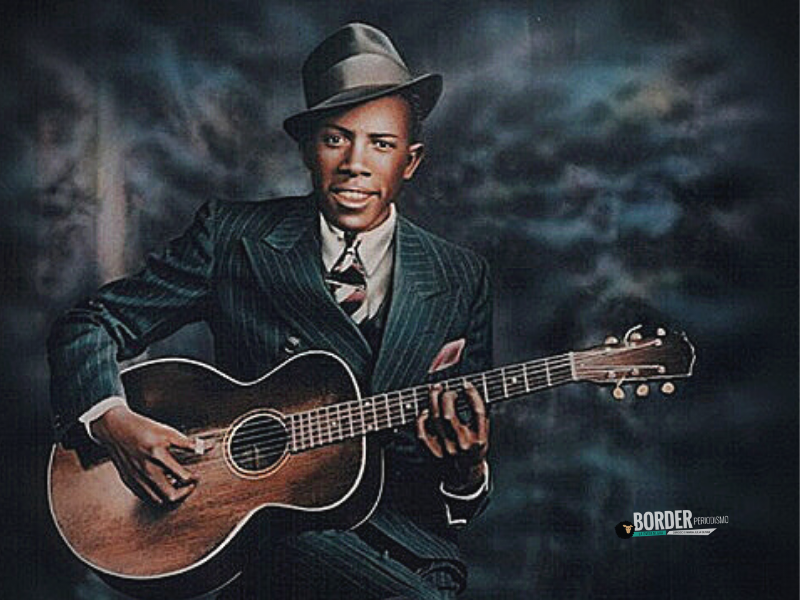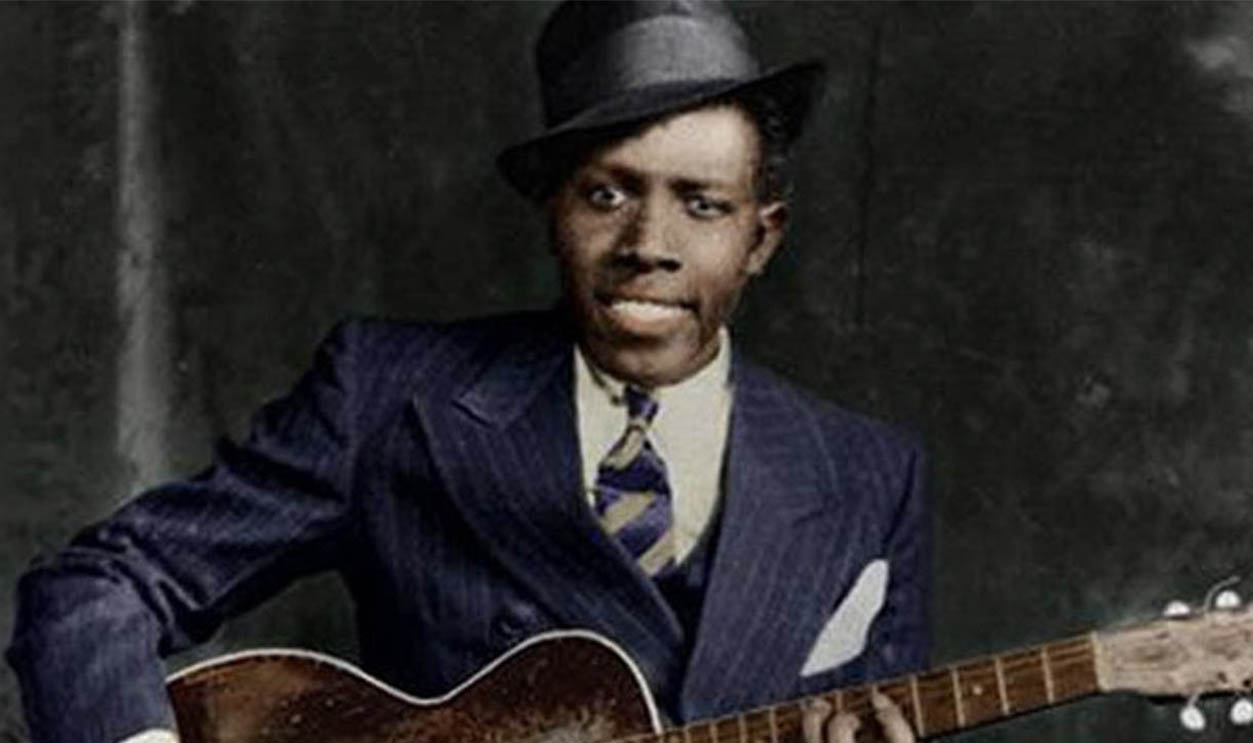There are some names in music that just echo through time, and one that truly stands out, like a haunting melody from a bygone era, is Robert Johnson. He's often thought of as one of the very best blues performers who ever picked up a guitar, a true titan of the form. His recordings, though few, still hold a special place for many people who love music, truly shaping the sounds we hear today.
You know, it's pretty amazing to think about the lasting impact of someone whose life was, in some respects, so short and whose fame only really grew long after he was gone. He had this way of playing and writing songs that was completely his own, a style that, honestly, influenced just about everyone who came after him in the blues and rock music world. Yet, for all his impact, there's a lot about the man himself that, well, remains a bit of a puzzle, still shrouded in stories and whispers.
We're going to take a closer look at the life and the incredible influence of this particular blues musician. We'll explore the origins of the famous tales surrounding him, get to know a little about his short but very powerful time making music, and see just why his unique sound continues to captivate listeners decades later. So, basically, get ready to unpack some of the magic and the mystery that surrounds Robert Johnson.
Table of Contents
- Robert Johnson's Early Life and Musical Beginnings
- How Did Robert Johnson Get So Good, So Fast?
- The Robert Johnson Crossroads Story
- What Made Robert Johnson's Sound So Special?
- The Robert Johnson Playing Style
- Robert Johnson's Recordings - A Brief but Powerful Mark
- What Are Robert Johnson's Most Known Songs?
- The Enduring Echo of Robert Johnson
- Why Does Robert Johnson Still Matter Today?
Robert Johnson's Early Life and Musical Beginnings
Born on a spring day, May 8, 1911, in a small place called Hazlehurst, Mississippi, Robert Johnson came into a world that was, in a way, steeped in the sounds of the Delta blues. His childhood and early years were, like, pretty typical for many folks living in that part of the country at the time, filled with the everyday rhythms of farm life and the rich musical traditions that were very much a part of the local scene. It was a time when music wasn't just entertainment; it was a way of sharing stories, feelings, and the experiences of a whole community.


